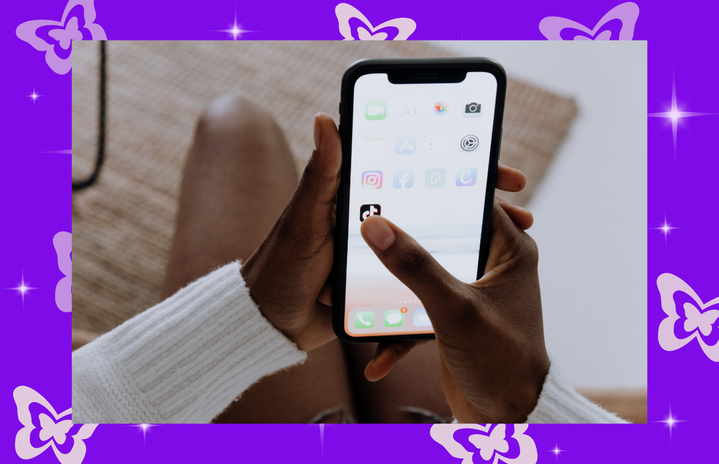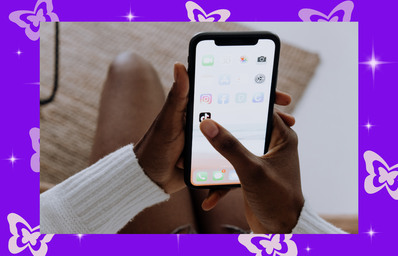Whether it be makeup, skincare, fashion or tech, it seems that everyone on TikTok is trying to sell you something these days.
Some content creators and viewers, however, have taken a new stance on the consumerism culture TikTok trends have created. The hashtag “de-influencing” on TikTok has amassed over 50 million views, where creators share which products they believe viewers shouldn’t buy. Their critiques can range from products that were overpriced, all the way to claiming that the products in question do not work at all. From the viral Dior Lip Glow Oil to the incredibly popular, but very pricey, Dyson Airwrap, no brand is safe from the trend.
Along with #deinfluencing comes #antihaul, which has over 50 million views on its own, where creators tell viewers which products they are returning. Both are a great reminder that influencers on social media are often in partnership with major brands and making money on their posts. It also reminds regular people scrolling on TikTok that not everything being sold is worth being bought.
“I think that you should really hesitate to buy anything that expires off the recommendation of someone who is not worried about it expiring,” says @eliseeatsplants on TikTok, dissecting the new rise of the trend.
This new transparency between creators and viewers does not completely discourage consumerism, though. Many have posted their #deinfluencing or #antihaul with all the products they hate, followed up with alternative products they recommend. Even with a new dialogue on over-consumption, people are still being pushed into buying the trendiest new items.
Although the “de-influencing” trend may not be anti-consumerism in its entirety, it is a stark contrast to the “microtrends” that were popular less than a year ago. Shein, a major fast-fashion clothing brand, exploded in sales over the last few years, which can be attributed to the quickly changing trends from social media platforms like TikTok and Instagram. The pressure of keeping up with the latest trends became too much for many people, especially those on a budget.
Since the pandemic and rise of TikTok, Amazon affiliate links and brand partnerships have boomed in popularity among influencers, pressuring influencers to force products onto their followers like never before. The de-influencing trend demonstrates that mass consumerism is not economically sustainable — something was going to have to eventually give.


